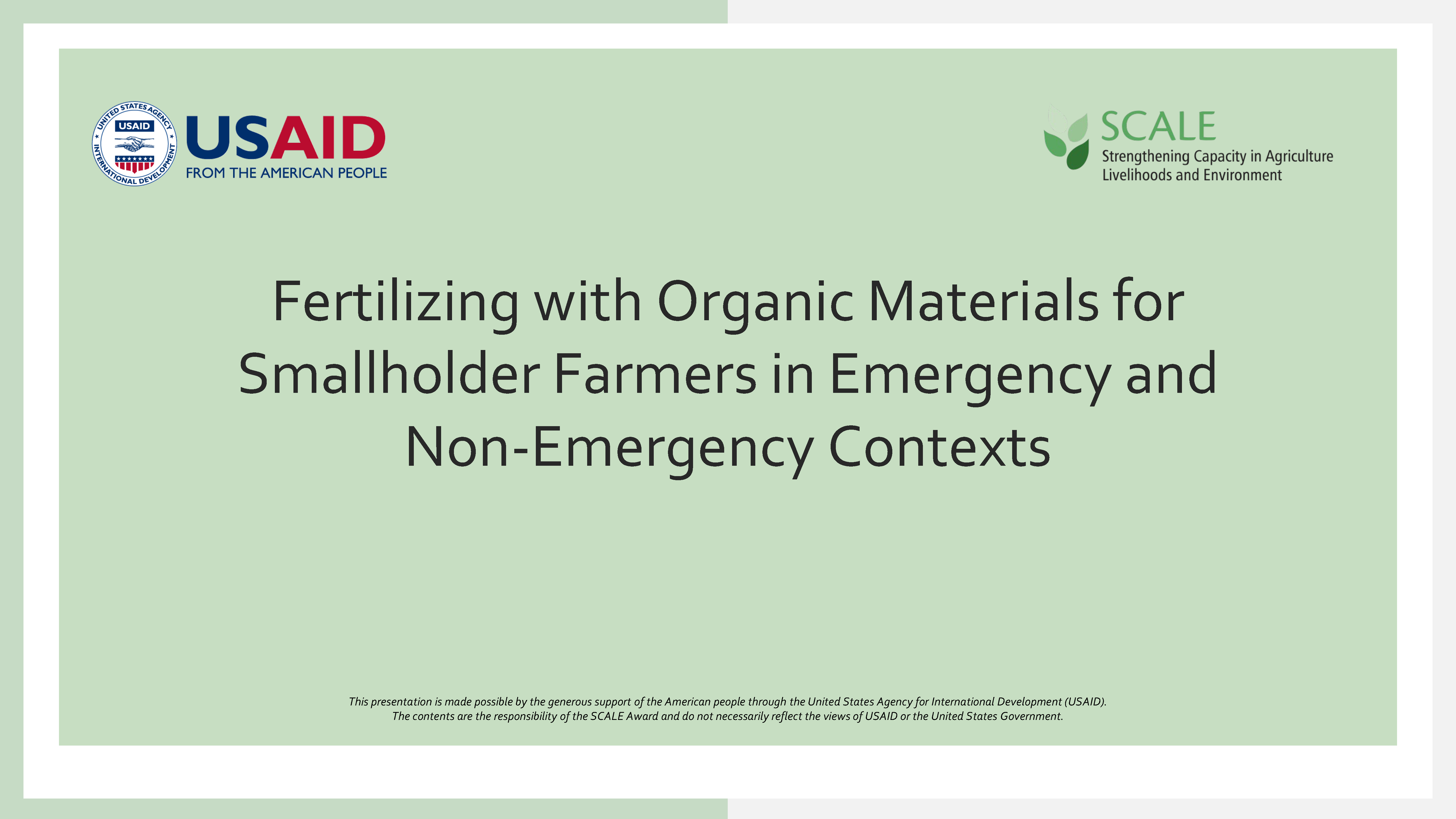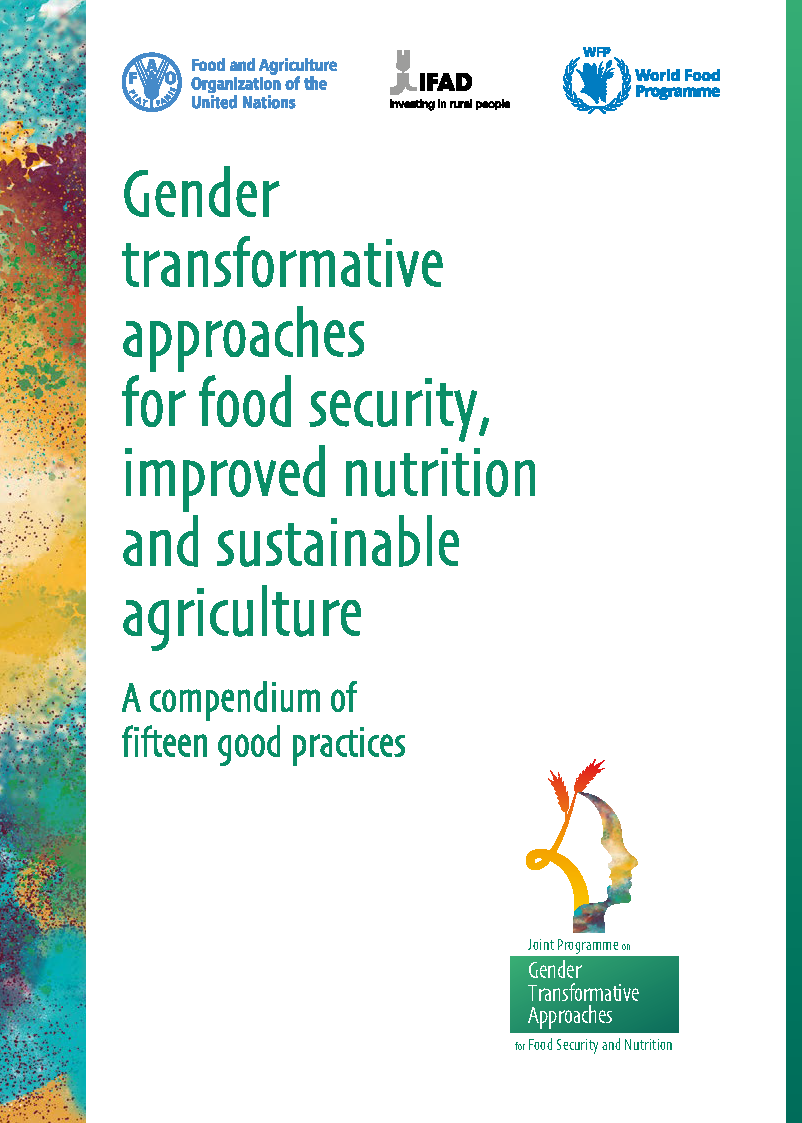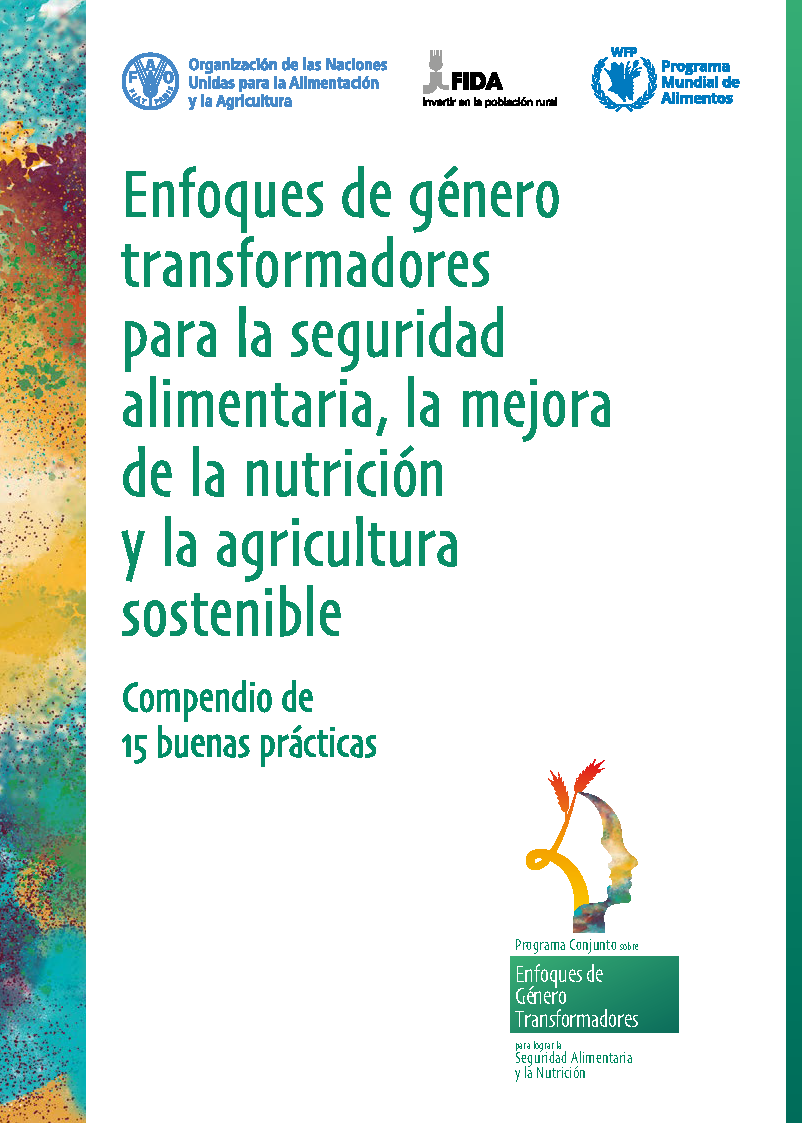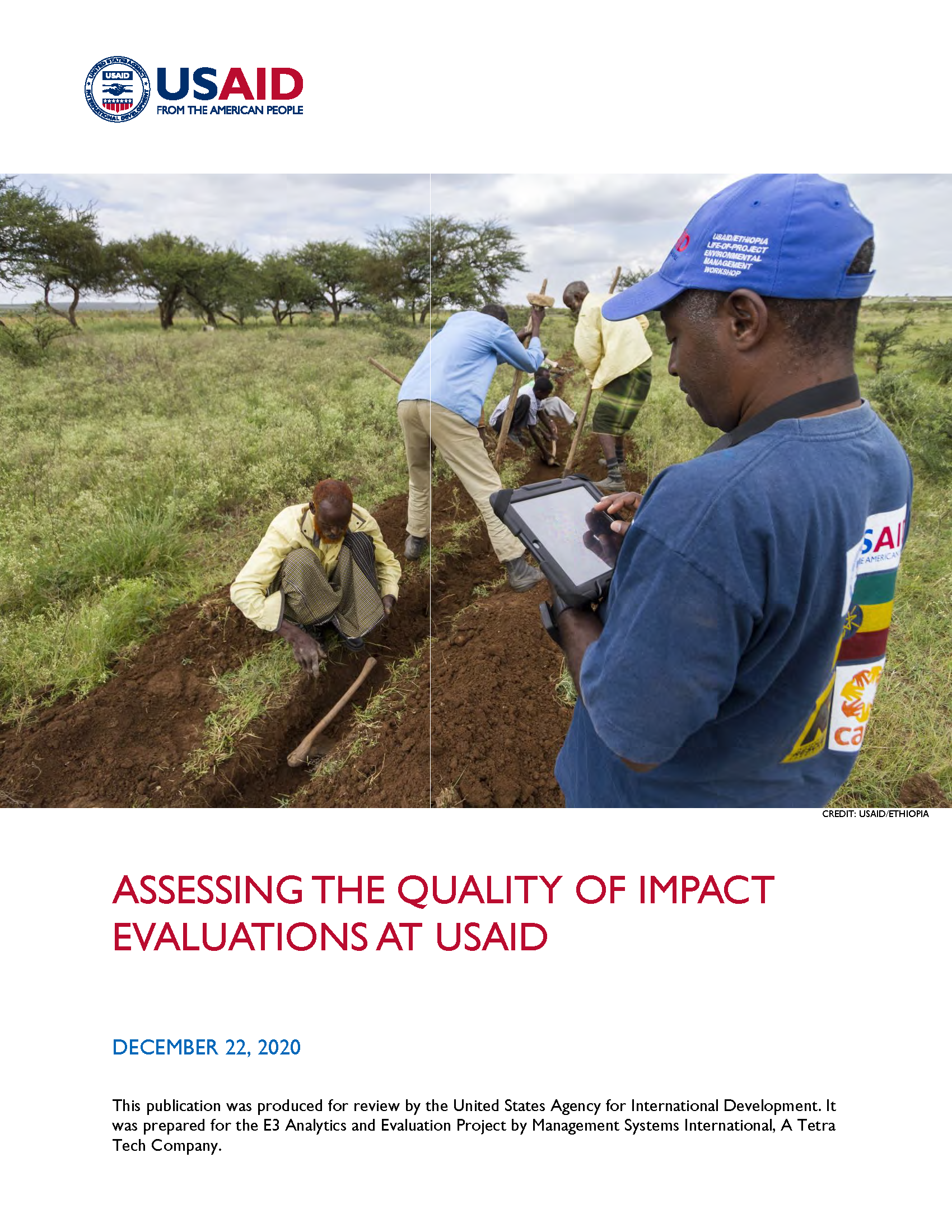Search Results

Fertilizing with Organic Materials for Smallholder Farmers in Emergency and Non-Emergency Contexts
Authors:
SCALE
Sector Type:
Agriculture and Livelihoods |
Collaborating, Learning, and Adapting
Year Published:
2022

Gender Transformative Approaches for Food Security, Improved Nutrition, and Sustainable Agriculture
Authors:
FAO |
IFAD |
WFP
Sector Type:
Agriculture and Livelihoods |
Gender, Youth, and Social Dynamics |
Program Design and Management |
Social and Behavior Change
Year Published:
2020
QualME: Best Practices for Mixed-Method Data Analysis
Join the QualME (Qualitative Monitoring and Evaluation) peer community for an online discussion on Best Practices for mixed method data analysis, presentation, and application. During the event, presenters from The Institute for Development Impact (I4DI) and Labcorp will discuss: Mixed methods analysis 1) Best practices for how to present qualitative and quantitative results to tell a compelling and evidence-based story. 2) Exploring complex data-sets with interactive visual data analysis tools such as the new Resilience Evaluation, Analysis and Learning (REAL) dashboard which serves as a dynamic alternative to a final report and provides a synthesis of results into an accessible
Enfoques de género transformadores para la seguridad alimentaria, la mejora de la nutrición y la agricultura sostenible
Authors:
FAO |
IFAD |
WFP
Sector Type:
Agriculture and Livelihoods |
Gender, Youth, and Social Dynamics |
Program Design and Management |
Social and Behavior Change
Year Published:
2021
Cross-Organizational Commitments to Gender and Youth within the Food Crisis
Join GAYA (Gender and Youth Activity) on September 1, 2022, at 8:30 AM ET for a participatory discussion to reflect on lessons learned for gender and youth programming during the last few years of massive global shocks and stresses. In the midst of a worsening food crisis, climate change, and conflict, as well as over two years of COVID-19 changing our world, we are in a pivotal moment to reflect on how to prevent backsliding of progress for gender and youth programming. We have seen the severe impacts of these compounding crises. Gender-based violence, child labor, food insecurity, malnutrition, unpaid
Assessing the Quality of Impact Evaluations at USAID
Authors:
USAID
Sector Type:
Collaborating, Learning, and Adapting |
Monitoring and Evaluation
Year Published:
2020